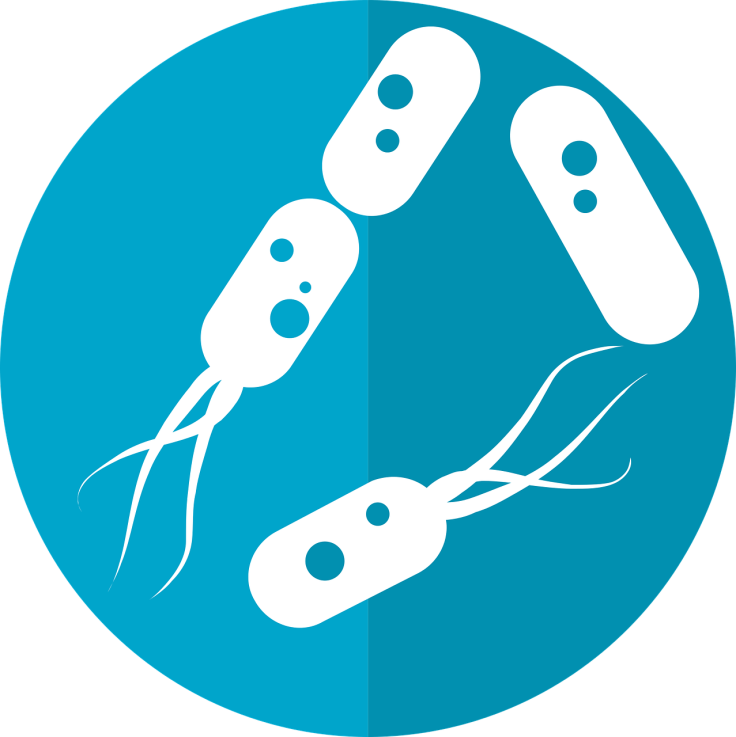Probiotics Against COVID-19? Researchers Investigate Gut Bacteria Defense
KEY POINTS
- The study will be presented during this week's World Microbe Forum
- It offers a "more sustainable way" of fighting the viral infection
- Probiotics have gained popularity for their possible health benefits
Can gut bacteria help fight COVID-19? A team of researchers has found that certain bacteria in the intestine can produce compounds that may prevent an invasion of the virus.
A team of researchers from Yonsei University in Seoul, South Korea, investigated whether gut bacteria could help protect the intestine from SARS-Cov-2, the virus that causes COVID-19, the American Society for Microbiology (ASM) said in a news release.
In the past, patients with moderate to severe COVID-19 exhibited gastrointestinal symptoms while others' signs of infection were limited only to the lungs.
"We wondered whether gut resident bacteria could protect the intestine from invasion of the virus," Mohammed Ali, a Ph.D. student in Medicine at Yonsei University, said as per the ASM news release.
For their study, which will be presented at the online World Microbe Forum this week, the team screened dominant bacteria in the gut to check for any activity against SARS-CoV-2. Sure enough, they found that Bifidobacteria had such activity.
Bifidobacteria normally live in the stomach and intestines, Healthline noted. Called probiotics, they help the body with "essential functions" such as digestion and fighting off harmful bacteria.
"The investigators also used machine learning to search for potential illness-fighting compounds in databases containing microbially produced molecules, discovering some that might also prove useful against SARS-CoV-2," ASM explained.
"Finding microbes that secrete anti-coronavirus molecules will be a promising method to develop natural or engineered probiotics to expand our therapeutics prevention techniques, to provide a more sustainable way to combat the viral infection," Ali added.
This isn't the first study to look at the possible role of probiotics to manage COVID-19 and other coronavirus-related illnesses. In 2020, for instance, a pair of researchers said probiotics "hold promise" in abrogating the immune response to the virus and, in possibly enhancing vaccine efficacy.
Probiotics
Probiotics such as Bifidobacterium bifidum (B. bifidum) have become quite popular because of the purported benefits, according to Healthline. There are some "high-quality" studies on B. bifidum that have shown its promise in treating certain conditions such as Heliobacter pylori infection, irritable bowel syndrome, constipation, some types of diarrhea and constipation.
Species of Bifidobacteria each perform different functions. To increase the Bifidobacteria in one's intestines, Healthline recommends eating certain foods that can help them grow, including high-fiber foods, prebiotic foods, polyphenols, whole grains and fermented foods such as kimchi and yogurt.

© Copyright IBTimes 2024. All rights reserved.






















